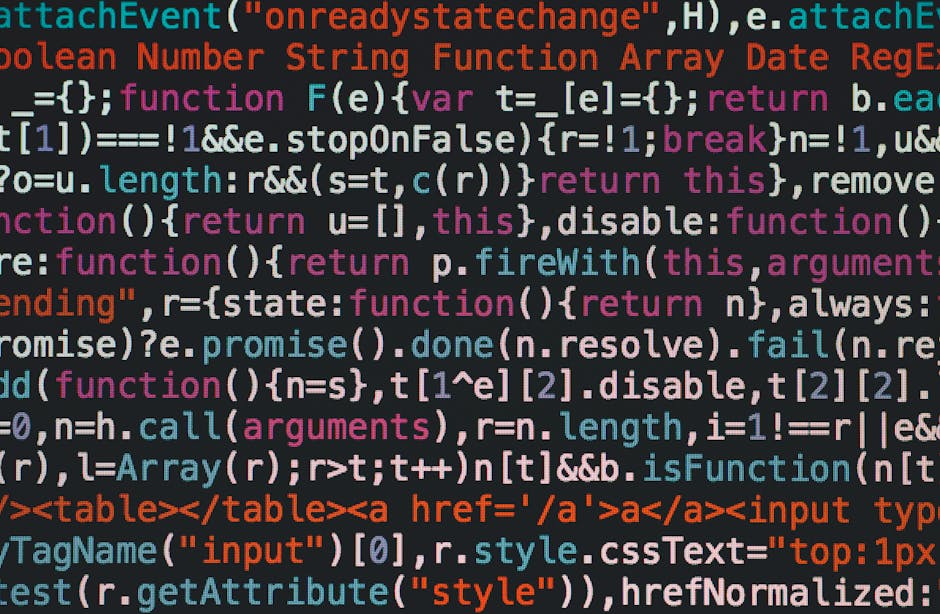The Rise of the AI Reading Assistant: A New Era for Information Processing
The sheer volume of information we encounter daily is overwhelming. From complex legal documents to dense scientific research, the ability to quickly grasp the core ideas is becoming increasingly valuable. AI summarization tools offer a potential solution, promising to distill lengthy content into digestible summaries. But how well do they *really* perform? The Washington Post decided to find out.
The Challenge: Real-World Reading Comprehension
Geoffrey A. Fowler and his team at The Washington Post embarked on a rigorous test to evaluate the performance of five popular AI summarizers: ChatGPT, Claude, Copilot, Gemini, and Meta AI. Their goal wasn’t simply to assess their summarization abilities in a vacuum, but to see how they handled challenging, real-world reading tasks. This involved selecting content that required not just basic comprehension but also the ability to interpret nuance and extract meaningful insights.
The Content: A Diverse and Demanding Curriculum
The chosen materials were designed to stretch the AI’s capabilities to their limits. Here’s a breakdown of the content used in the Washington Post’s evaluation:
- A Civil War Novel: The Killer Angels, a historical fiction novel depicting the Battle of Gettysburg, tested the bots’ ability to understand narrative, character development, and historical context.
- A Dense Medical Research Paper: A complex academic paper on a specific medical topic challenged the AI’s ability to comprehend scientific language, methodologies, and findings.
- A Complex Legal Contract: A real-world legal agreement was used to assess the AI’s ability to understand legal terminology, identify key clauses, and interpret obligations.
- Transcripts of Political Speeches: Speeches by Donald Trump were analyzed to see how well the AI could understand political rhetoric, identify key arguments, and discern underlying meaning.
This diverse range of content ensured the tests weren’t biased toward any specific genre or writing style.
The Methodology: 115 Questions, A Thorough Assessment
Each AI tool was presented with the selected content and then subjected to a series of 115 questions. These questions were carefully crafted to evaluate various aspects of comprehension, including:
- Summarization Skills: Could the AI accurately condense the content into a concise and informative summary?
- Fact Extraction: Could the AI identify and extract key facts and figures from the text?
- Nuance Interpretation: Could the AI understand the subtleties and implied meanings within the content?
- Hallucination Avoidance: Could the AI avoid fabricating information or adding details not present in the original text?
- Human-Like Analysis: Could the AI provide insights and analysis that resembled a human’s understanding of the material?
Experts then reviewed the AI’s responses to assess their accuracy and overall quality.
Performance Breakdown: Who Rose to the Challenge?
While all five AI bots demonstrated some level of summarization ability, their performances varied significantly. Let’s examine the key findings for each tool:
Claude: The Reliable Performer
Claude consistently stood out as the most reliable and accurate summarizer. A notable achievement was earning a perfect score when summarizing the dense scientific paper, demonstrating a strong grasp of complex scientific language and concepts. Its suggestions for revisions to the legal contract were also lauded for their clarity and usefulness. Crucially, Claude did not hallucinate any details – a vital characteristic for any tool handling critical information. This made it the clear overall winner in the Washington Post’s assessment.
ChatGPT: The Literary and Political Analyst
ChatGPT displayed a particular strength in analyzing political speeches and literature. Its responses to Trump’s speeches were considered thoughtful and perceptive, while its understanding of the Civil War novel showcased strong emotional insight. However, its performance faltered when confronted with the legal contract, missing several critical details. This highlights a key limitation – while capable of insightful analysis in certain areas, it lacks the consistent accuracy needed for all types of documents.
Meta AI, Copilot, and Gemini: Areas for Improvement
Meta AI, Copilot, and Gemini consistently lagged behind Claude and ChatGPT. These tools often oversimplified content, missing major points and failing to capture the full scope of the original material. Gemini’s literary analysis, in particular, was criticized as producing a “clueless book club summary,” underscoring a fundamental lack of understanding of literary context and nuance.
Key Takeaways: What Do the Results Tell Us?
The Washington Post’s investigation yielded several important conclusions regarding the current state of AI summarization technology:
- The Overall Score: No AI summarizer scored above 70% overall, equivalent to a D+ grade. This underscores the fact that while these tools are improving, they are not yet capable of consistently delivering accurate and reliable summaries.
- Promises and Limitations: AI summarizers offer undeniable promise as tools for quick comprehension and basic analysis. However, they are currently not reliable enough for handling critical or highly nuanced documents, particularly those related to legal or medical matters.
- The Importance of Specialization: Each AI tool possesses distinct strengths and weaknesses. Users should carefully consider the specific task at hand and select the AI assistant best suited for the particular type of reading or summarization required.
Expert Insights and the Human Factor
The review process wasn’t simply about measuring accuracy; it also involved expert evaluation of the AI’s reasoning and interpretation. Experts observed that while some responses were surprisingly sharp and insightful, others were completely off-base or missed the point entirely. This variability underscores the need for human oversight, especially when employing AI for tasks with significant implications.
The Washington Post’s investigation highlights the critical role of human judgement and expertise. AI tools should be viewed as assistants, augmenting human capabilities rather than replacing them entirely. Careful review and validation of AI-generated summaries remain essential to ensure accuracy and avoid potential errors.
Conclusion: A Promising Future, But Not Quite Ready for Prime Time
The Washington Post’s comprehensive test provides valuable insight into the current capabilities of AI summarization tools. While tools like Claude and ChatGPT have made impressive strides in recent years, they are still far from achieving perfection. Their utility as reading companions for everyday summaries and general understanding is clear, but users should refrain from relying on them for high-stakes or highly detailed analysis. For the time being, these bots are best viewed as helpful assistants – valuable tools to enhance human understanding, but not replacements for careful, human-driven reading and interpretation.
The field of AI is constantly evolving, and it’s likely that future iterations of these tools will demonstrate improved accuracy and reliability. However, the Washington Post’s findings serve as a valuable reminder that critical evaluation and human oversight remain paramount when utilizing AI for information processing.




Leave a Reply
You must be logged in to post a comment.